Deer Proof Evergreens: Are There Evergreens Deer Won’t Eat
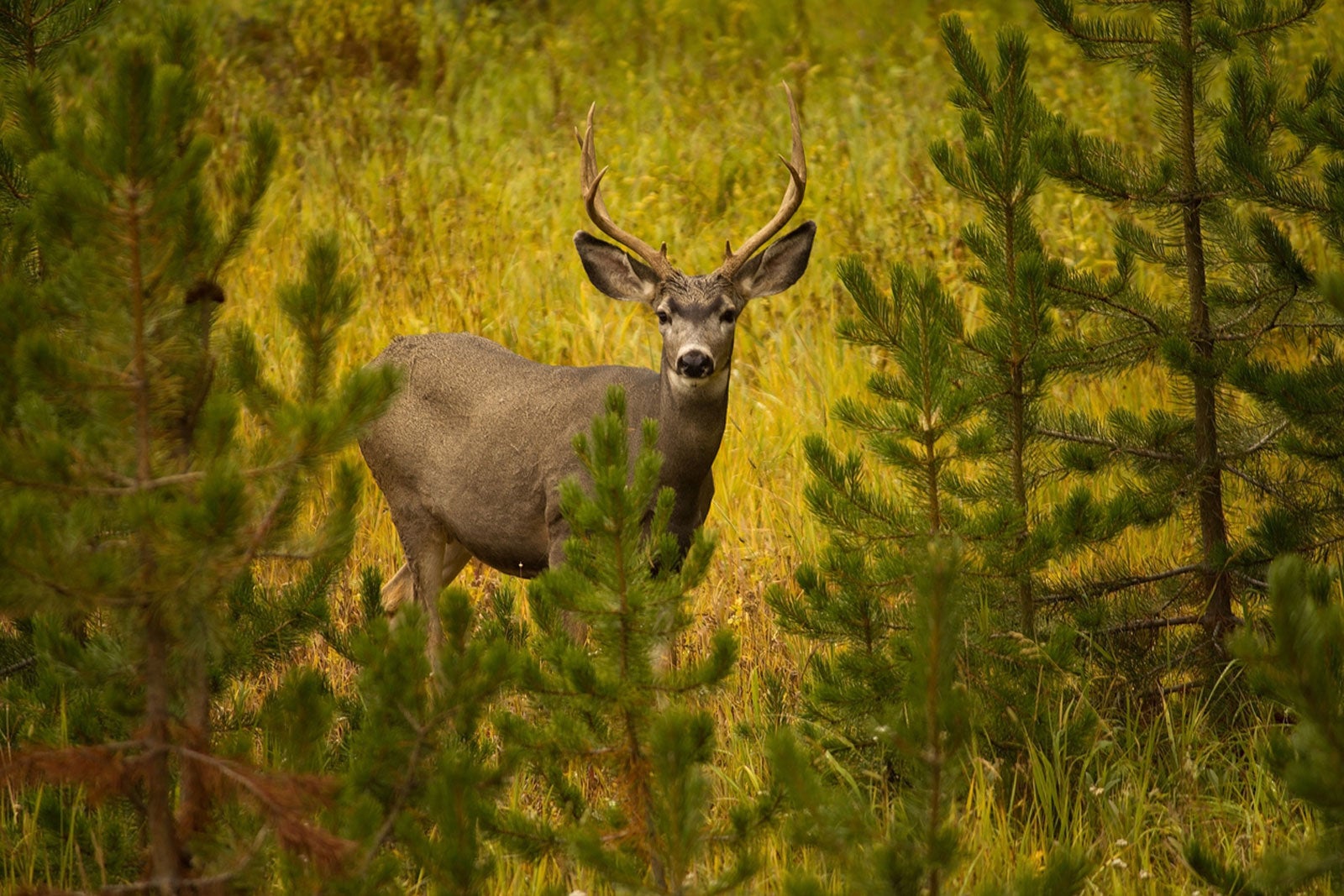
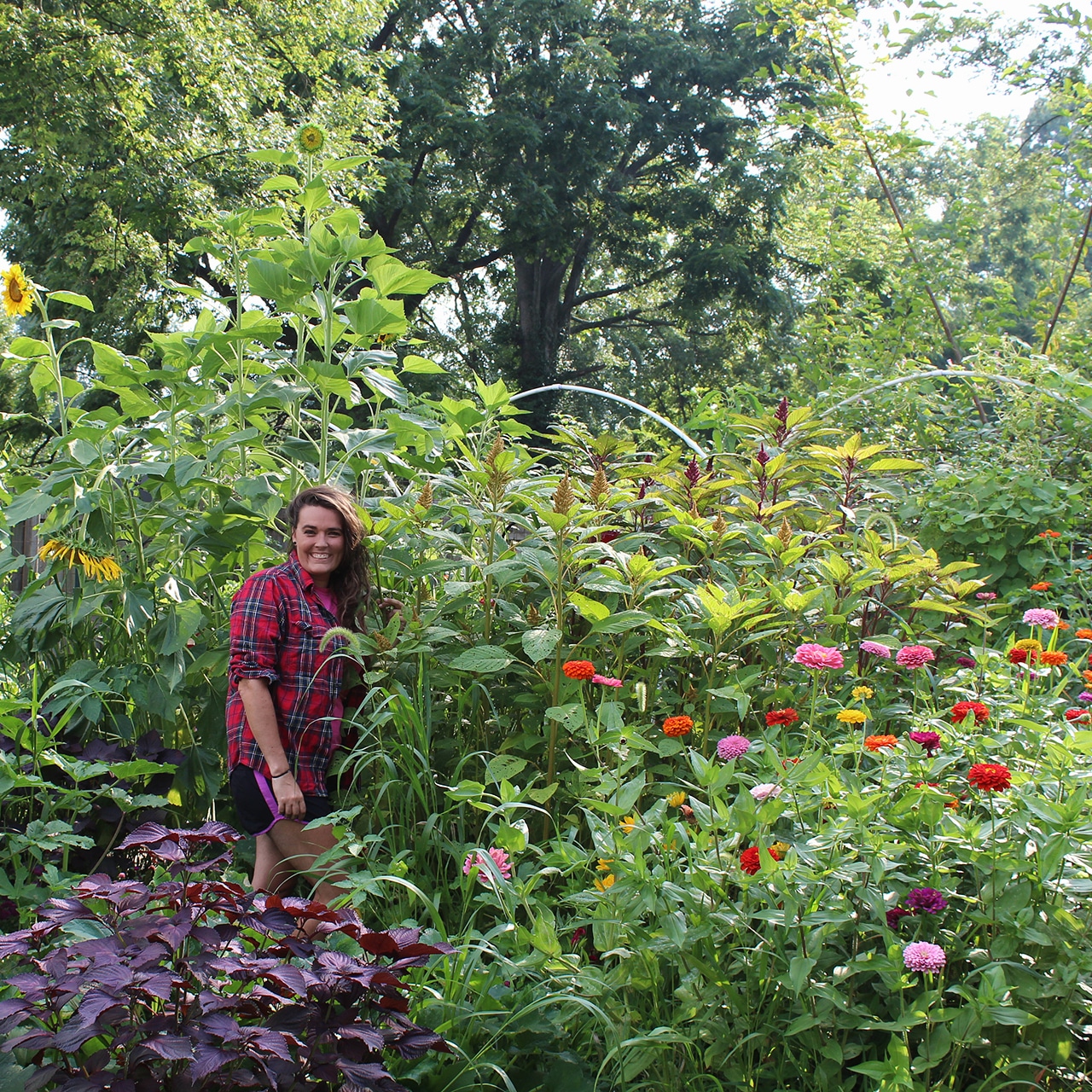
The presence of deer in the garden can be troublesome. Over a short period of time, deer can quickly damage or even destroy prized landscaping plants. Depending on where you live, keeping these nuisance animals away may prove to be difficult. Although there are many types of deer repellents available to homeowners, they usually are left disappointed by their results.
With some proven planting techniques; however, gardeners may be able to reduce the occurrence of damage caused by deer. Planting deer resistant evergreen plants, for example, can help to create a beautiful green space all year long.
Choosing Evergreens Deer Won’t Eat
When planning a garden filled with deer proof evergreens, it is important to remember that there will always be an exception. Despite choosing deer proof evergreens for planting, these animals are known to feed on a wide range of plants during times of need. While planting evergreens deer don’t like will be effective in most cases, they may still be damaged on occasion.
The maturity of the plant will also attribute to its resistance to deer. Deer are much more likely to feed on small sapling evergreen plants. When adding new plantings, gardeners may need to provide additional protection until the plants have become well established.
When choosing deer proof evergreens, one of the most important aspects to consider is the texture of the stems and leaves. In general, deer are more likely to avoid plants that are unpleasant. This includes evergreens that have toxic parts, sharp leaves, or strong odors.
Popular Deer Proof Evergreens
- Green Giant aborvitae – Popular in landscape plantings, these evergreen trees are especially prized for their ability to offer privacy in residential settings. Like many types of arborvitae, Green Giant is also easy to grow.
- Leyland cypress – Fast growing, leyland cypress can easily enhance privacy. This evergreen tree adds visual interest through its soft blue-green color.
- Boxwood – Ranging in size, boxwoods are a great option to establishing hedges and flower bed borders.
- Evergreen barberry – Beloved non-invasive species of barberry, the evergreen type produces a beautiful ornamental display in fall landscapes.
- Holly – Coming in a wide range of sizes, prickly holly leaves are especially unappetizing to deer.
- Wax myrtle – Similar to boxwood, these evergreen plants work well when planted as hedges. Wax myrtle may be better adapted to United States growing regions.
Gardening tips, videos, info and more delivered right to your inbox!
Sign up for the Gardening Know How newsletter today and receive a free copy of our e-book "How to Grow Delicious Tomatoes".

Tonya Barnett has been gardening for 13 years. Flowers are her passion. She has transformed her backyard into a cut flower garden, which she regularly chronicles on her YouTube channel http://www.youtube.com/@tonyawiththeflowers.
-
 Looking For Plants To Give You The Soft And Fuzzies? Try These 5 Fuzzy Leaf Plant Options
Looking For Plants To Give You The Soft And Fuzzies? Try These 5 Fuzzy Leaf Plant OptionsLovers of texture, drama, silver foliage and tactile plants will adore these special sensory garden additions. These fuzzy leaf plant options will leave you all aglow
By Susan Albert
-
 Get Ready For A Summer Of Hummers! Grow These Full Sun Hummingbird Plants and Flowers
Get Ready For A Summer Of Hummers! Grow These Full Sun Hummingbird Plants and FlowersIf you’re lucky enough to enjoy a sunny backyard, make sure you are maxing out on your pollinator opportunities and grow these full sun hummingbird plants and flowers
By Tonya Barnett
-
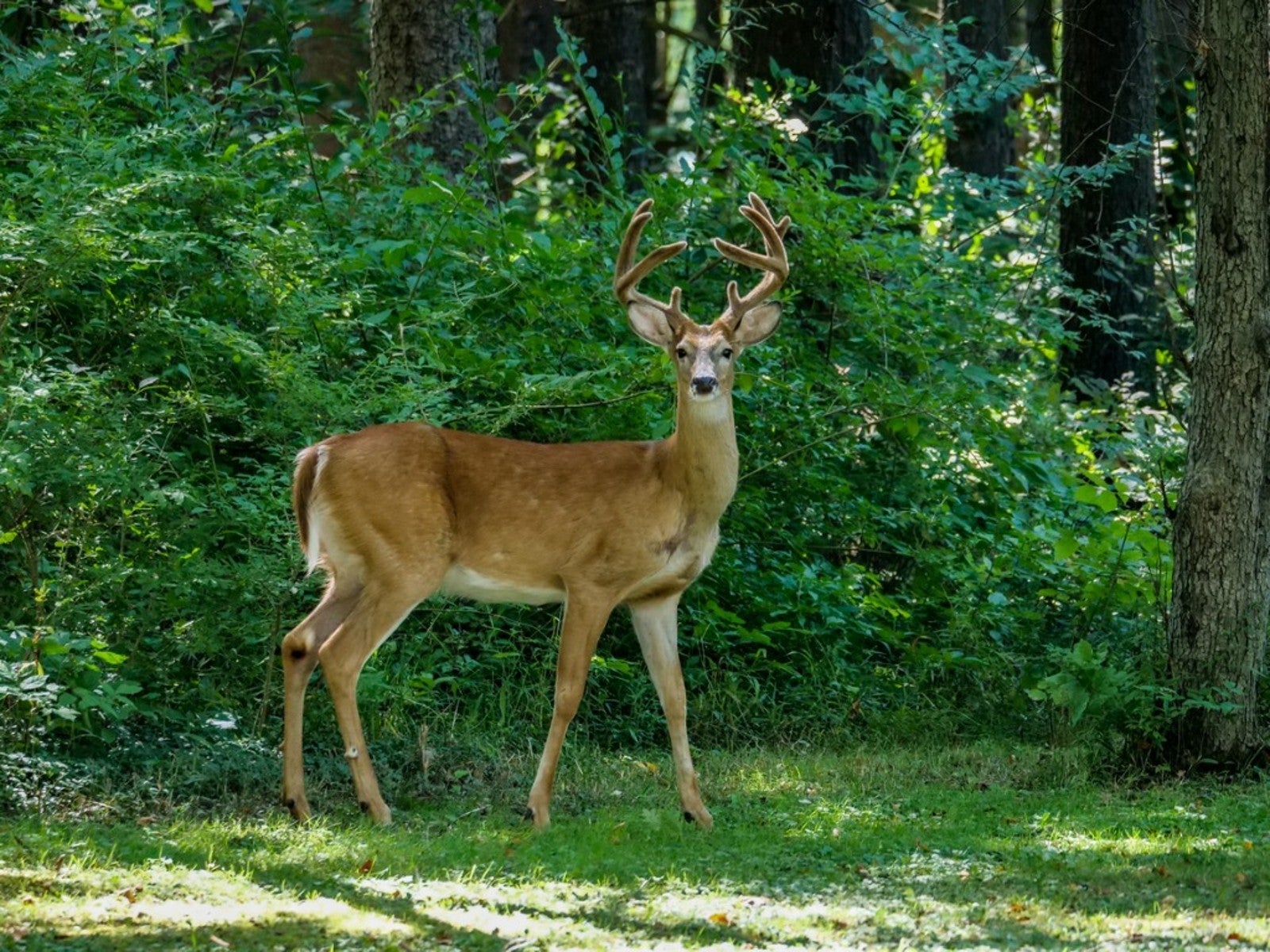 Deter Deer And Prevent Ticks By Getting Rid Of Honeysuckle
Deter Deer And Prevent Ticks By Getting Rid Of HoneysuckleWe don’t usually think of sweet-smelling honeysuckle as being unsafe, but the deer love it. and where there are deer there are often ticks. Read on for more reasons to avoid non-native honeysuckles.
By Mary Ellen Ellis
-
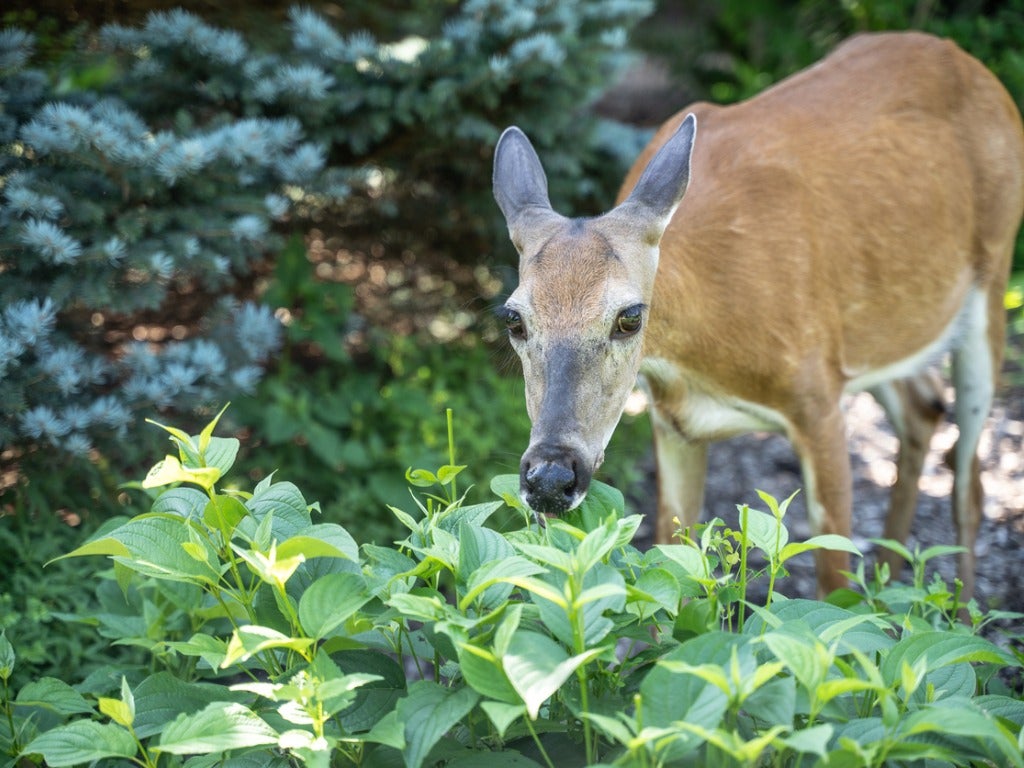 Deer Proof Shade Flowers: Choosing Deer Resistant Flowers For Shade
Deer Proof Shade Flowers: Choosing Deer Resistant Flowers For ShadeWatching deer move through your property can be a peaceful way to enjoy nature. However, they can become a nuisance if they start eating your flowers. If you have a shady garden bed, add flowers they will have no interest in. Click here to learn more.
By Mary Ellen Ellis
-
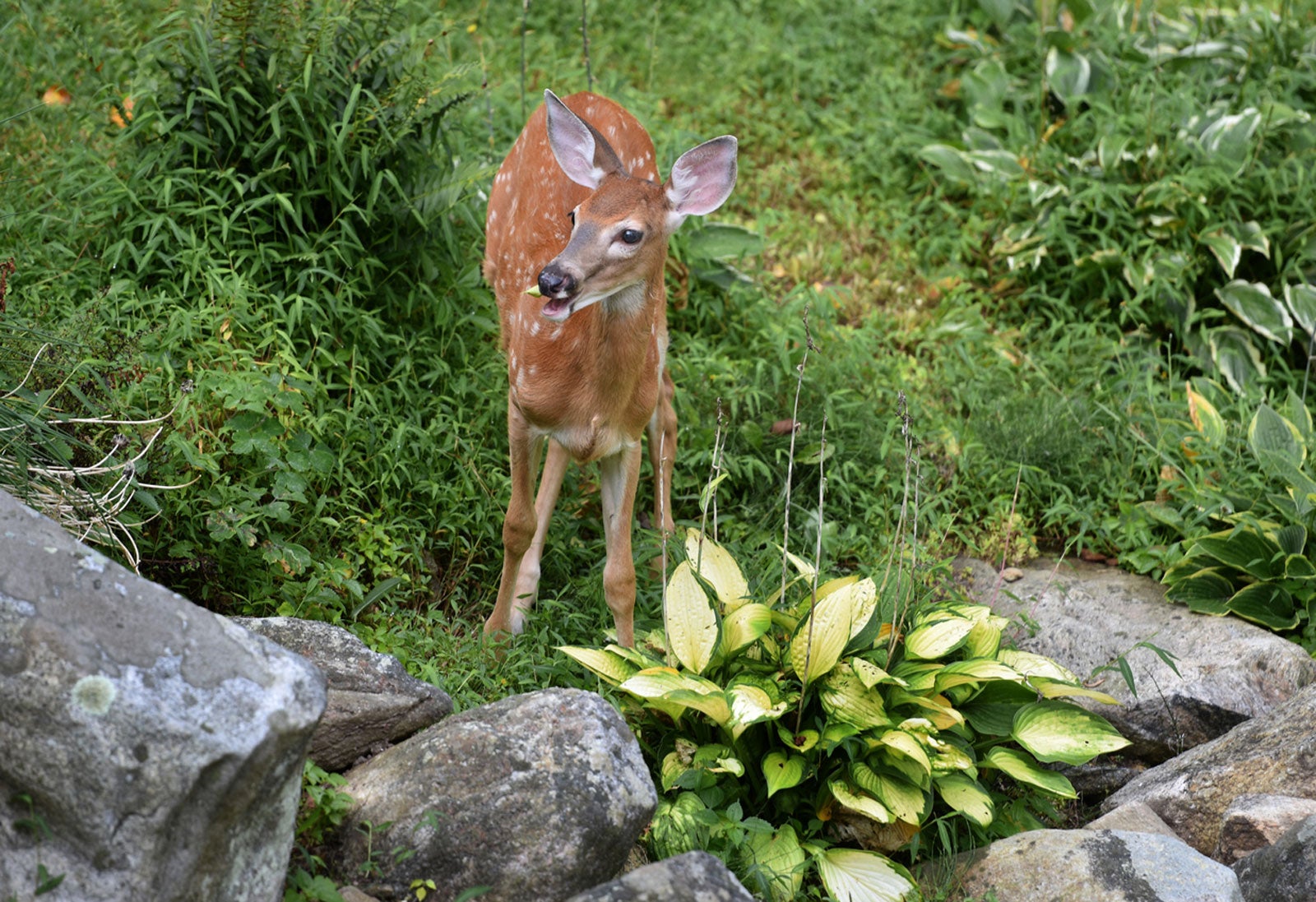 Deer Droppings On Plants: Is Fertilizing With Deer Manure Safe
Deer Droppings On Plants: Is Fertilizing With Deer Manure SafeWhether you love or hate deer, or have a more complicated relationship with them, there is one important question to answer: Can you use deer manure in gardens? Click on the following article to find out more about fertilizing with deer manure.
By Mary Ellen Ellis
-
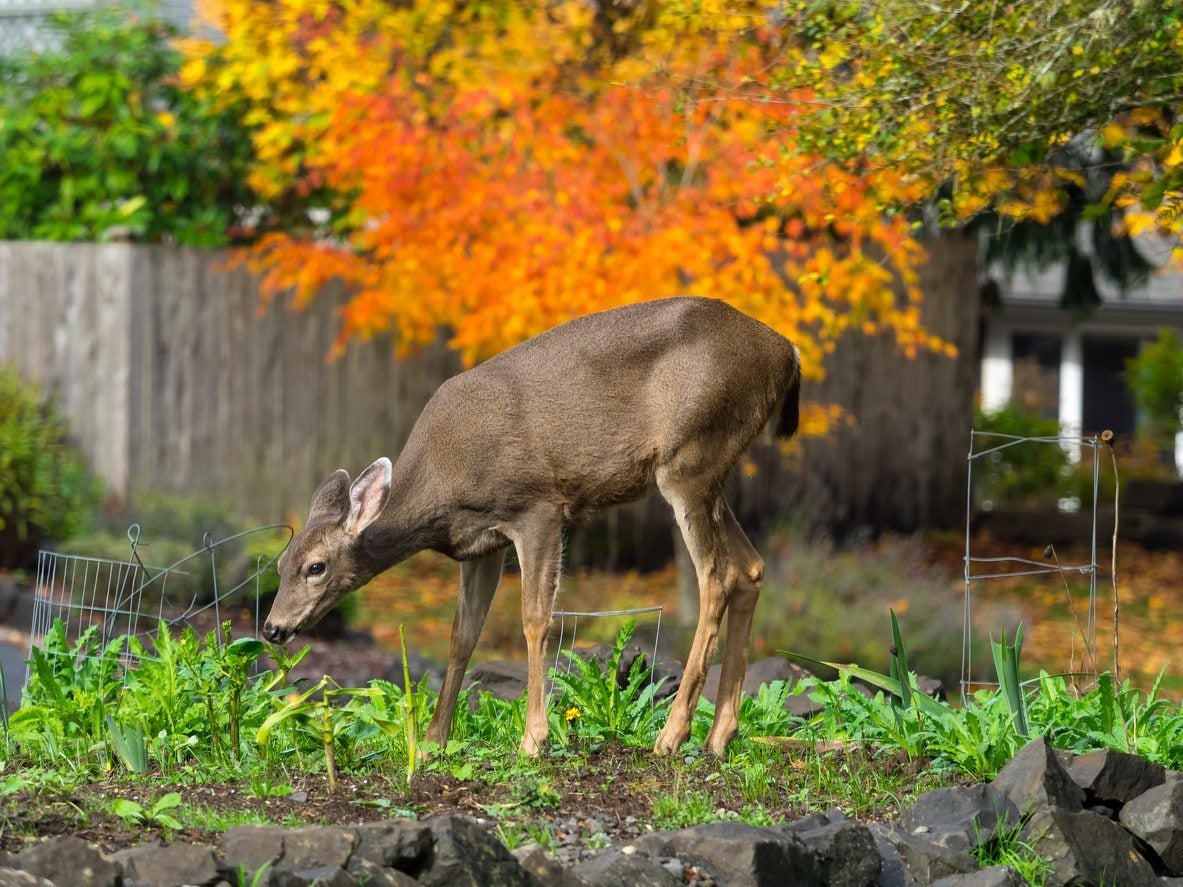 Deer Proof Gardening: What Vegetables Are Deer Resistant
Deer Proof Gardening: What Vegetables Are Deer ResistantThe best defense is a good offense. In deer proof gardening, plants that smell offensive to deer can deter them from their favorite edibles. Planting a garden with edible plants deer don't eat is also a defense. Click here for fruits and vegetables deer won't eat.
By Darcy Larum
-
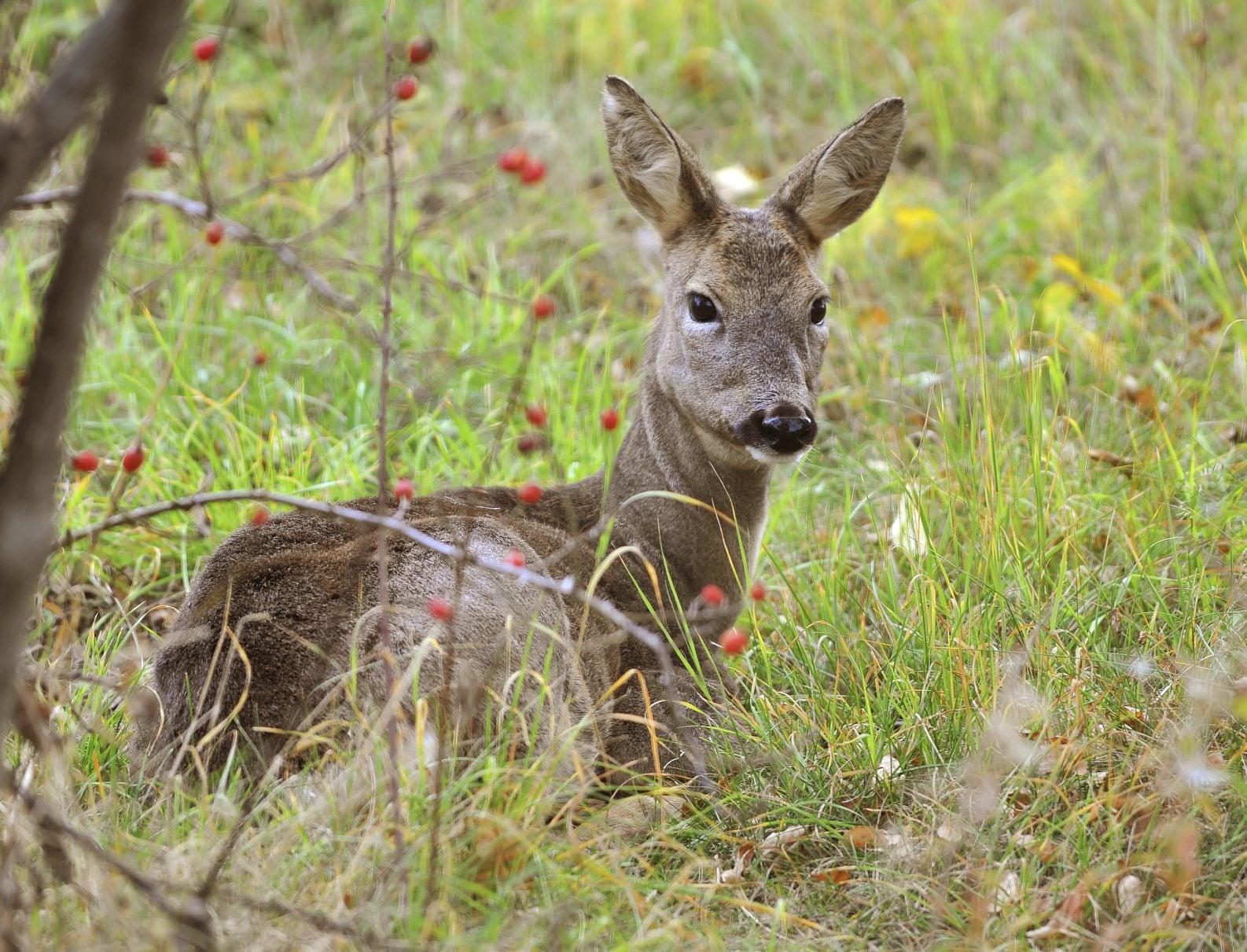 Deer Resistant Garden Plans – Creating A Deer Resistant Garden
Deer Resistant Garden Plans – Creating A Deer Resistant GardenDeer are lovely to watch but not when they are stomping all over your vegetable garden or eating the tops off of your bulbs. Creating a deer resistant garden is a must for any gardener who suffers from these grazing marauders. Learn more here.
By Bonnie L. Grant
-
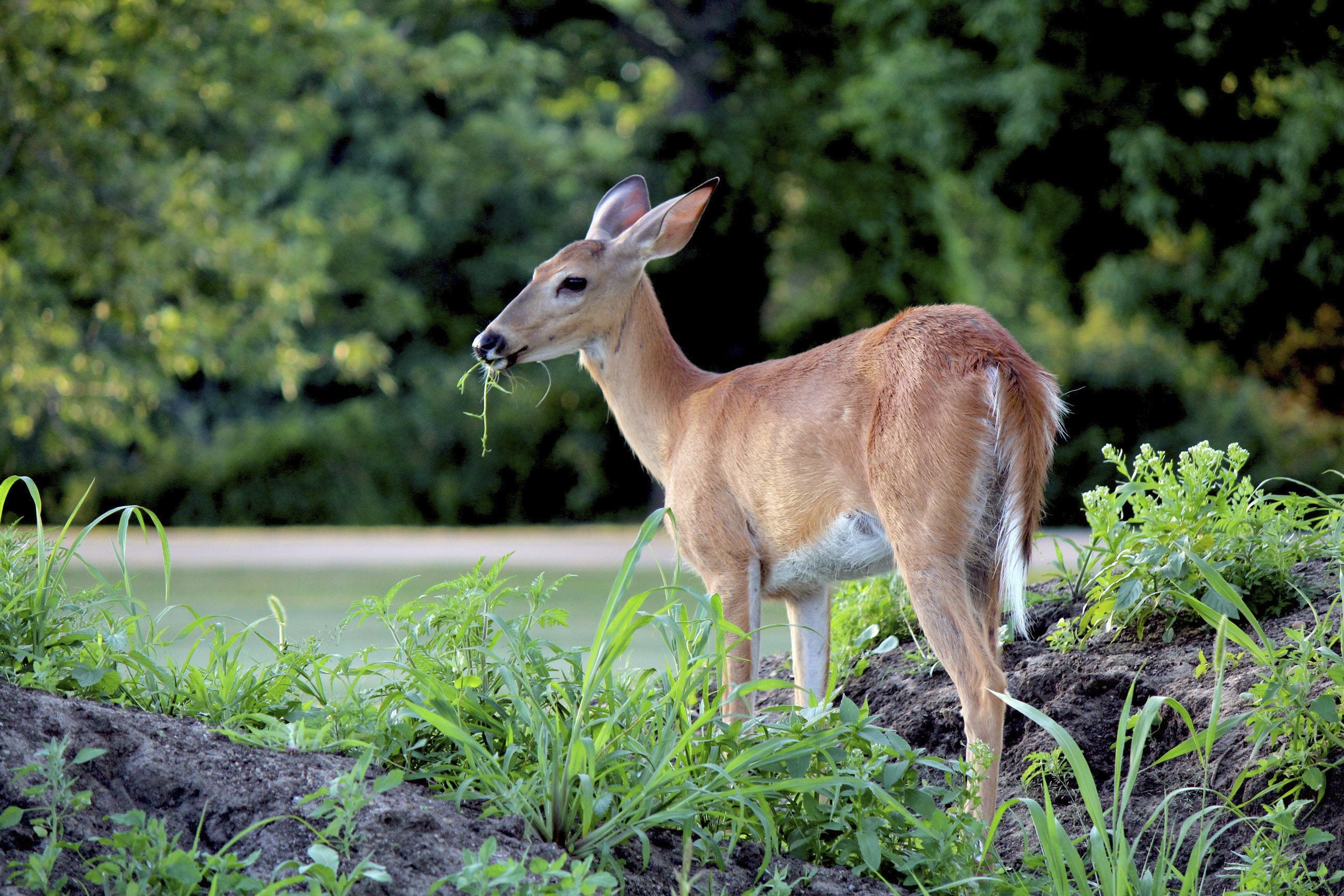 Roses And Deer – Do Deer Eat Rose Plants And How To Save Them
Roses And Deer – Do Deer Eat Rose Plants And How To Save ThemDeer do indeed love the beautiful, succulent growth they find in those meadows and valleys, but they cannot resist a rose garden if there is one close by. Learn how to fix deer damage and prevent more in this article. Click here for more info.
By Stan V. Griep
-
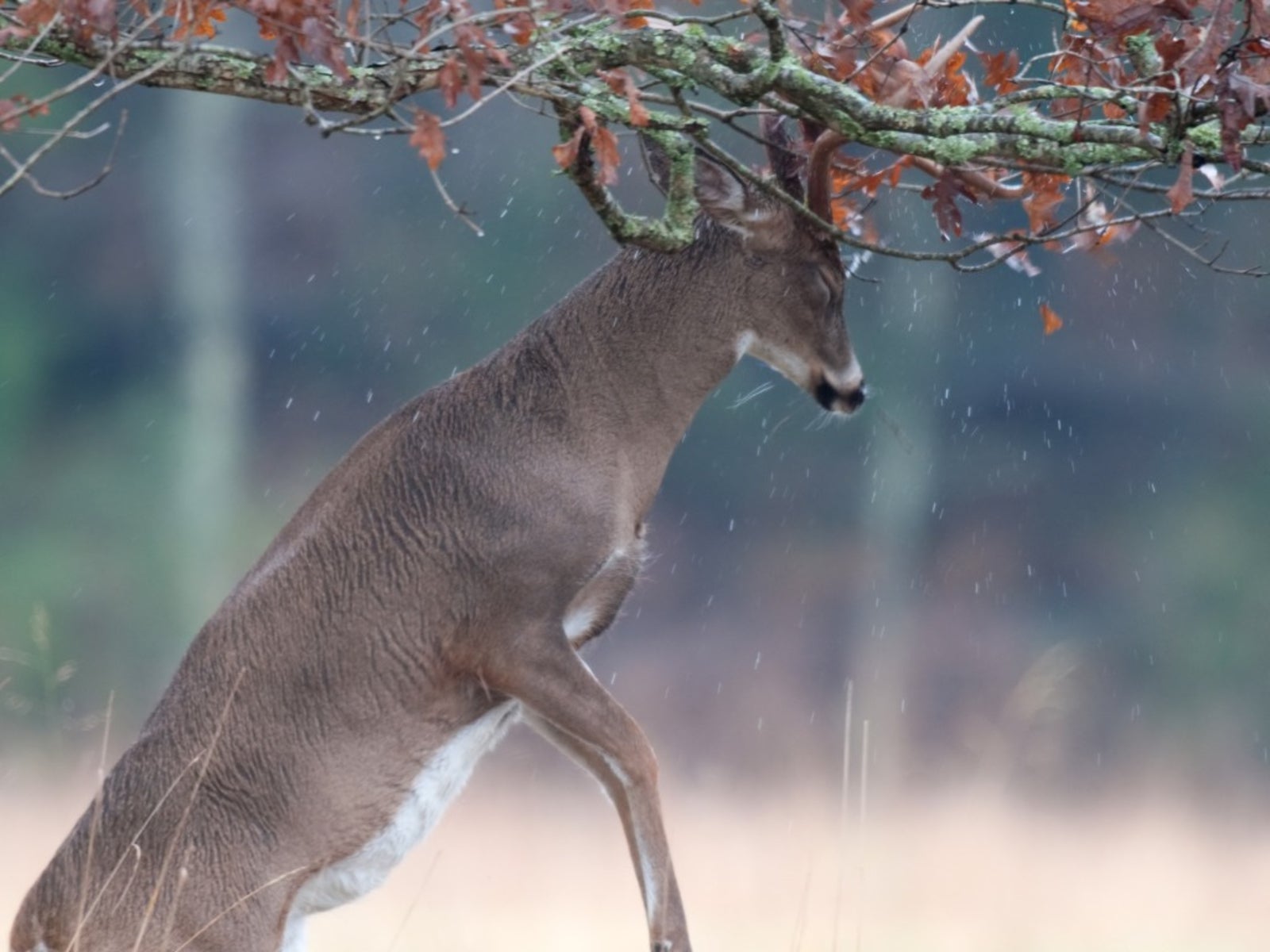 Deer Rubbing Tree Bark: Protecting Trees From Deer Rubs
Deer Rubbing Tree Bark: Protecting Trees From Deer RubsDeer are majestic creatures when they're bounding through open fields and frolicking in someone else's woods. When they come into your yard and start damaging trees, they become something else entirely. Learn more in this article.
By Kristi Waterworth
-
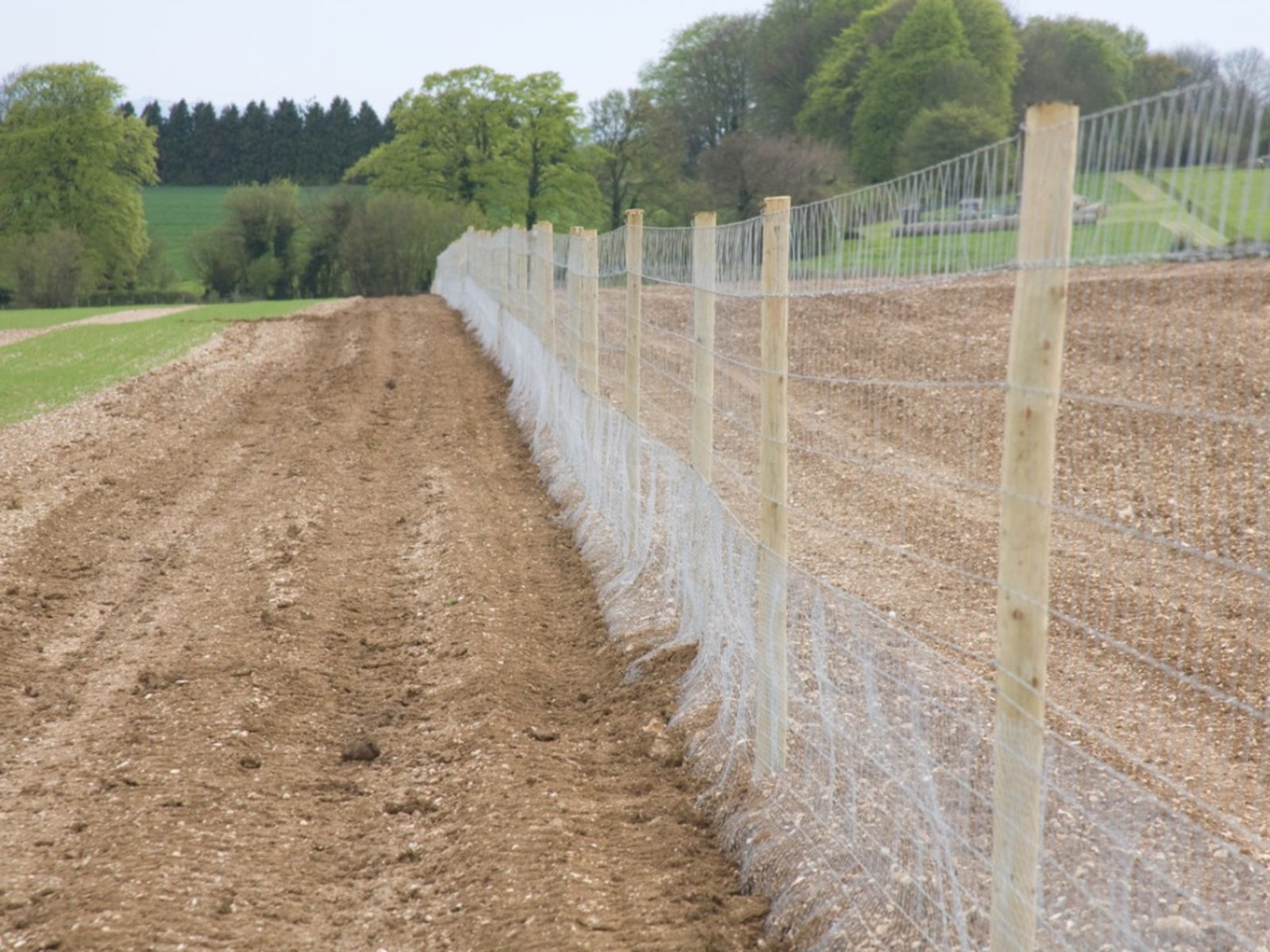 Deer Fencing Designs - How To Build A Deer Proof Fence
Deer Fencing Designs - How To Build A Deer Proof FenceDeer are elegant and graceful creatures but these attributes fall short when they have been in the garden eating your prize plants. If repellents aren't working, think about building a deer proof fence. This article will help.
By Bonnie L. Grant